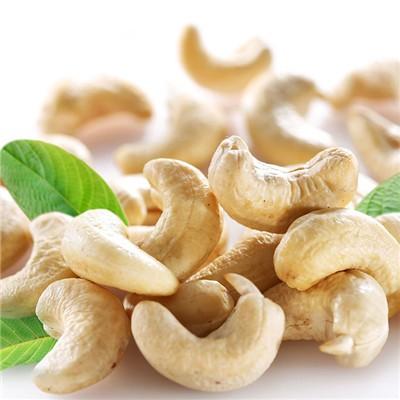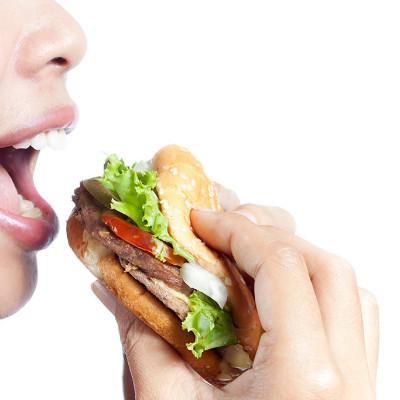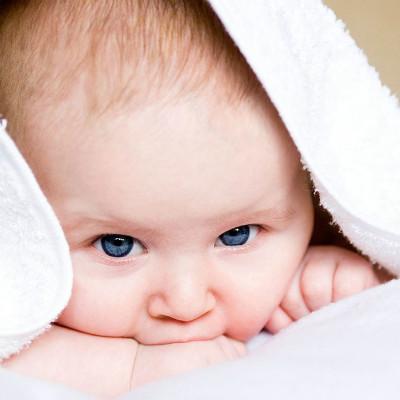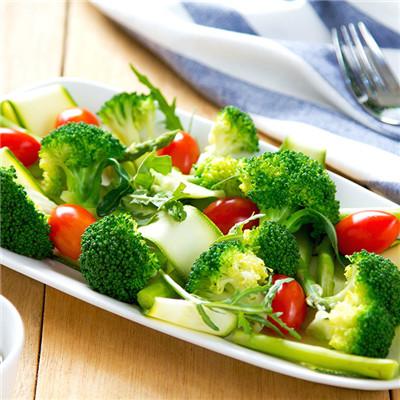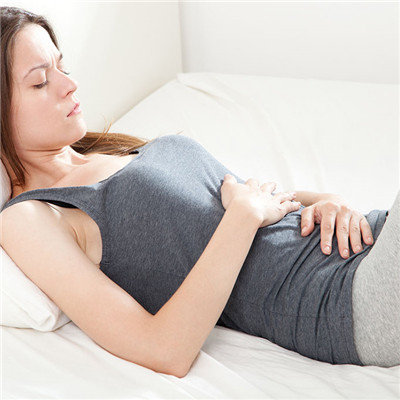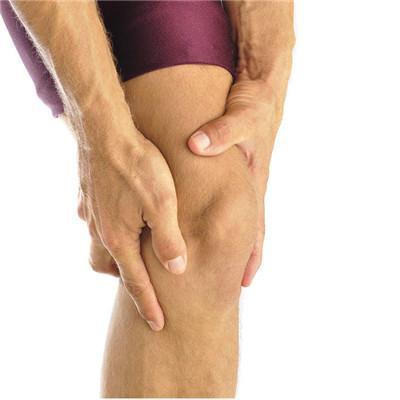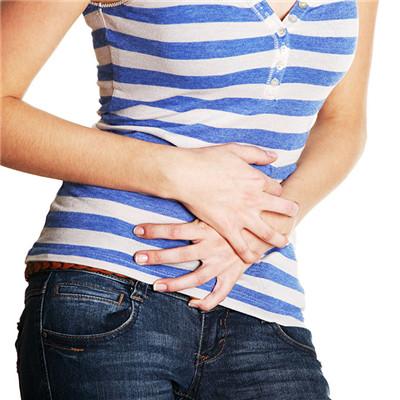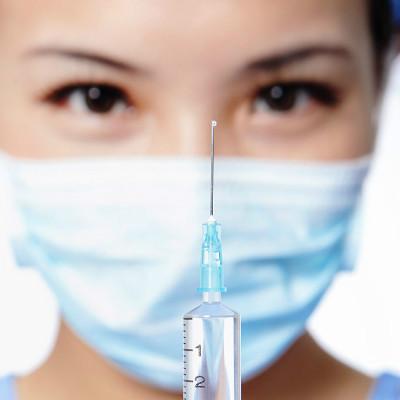Symptoms and treatment of enteritis in children
summary
Enteritis in children, also known as infectious diarrhea in children, generally refers to the inflammation of small intestine and colon caused by microbial infection. The main pathogens: viruses, bacteria, protozoa, fungi or parasites. The clinical manifestations were abdominal pain and diarrhea. The disease is usually diagnosed according to symptoms and stool routine. If symptoms are severe or persistent, stool culture can be used to detect bacteria, viruses or parasites. Electrolyte and renal function should be monitored in children with suspected severe dehydration. Symptoms and treatment of enteritis in children
Symptoms and treatment of enteritis in children
1. The onset can be acute or slow, mainly gastrointestinal symptoms, loss of appetite, occasional galactorrhea or vomiting, increased stool frequency (3-10 times / day), no dehydration and systemic poisoning symptoms, more than a few days to recover, stool routine can see a small amount of white blood cells.
2. Acute onset or transition from mild diarrhea. There are often more serious gastrointestinal symptoms, but also accompanied by more obvious dehydration, electrolyte disorders and systemic poisoning symptoms, severe cases can die.
3. The disorder of water, electrolyte and acid-base balance is caused by vomiting, diarrhea and insufficient intake. Vomiting and diarrhea can also lead to metabolic acidosis, manifesting as mental depression, deep breathing and coma in severe cases. Severe diarrhea and insufficient food intake can also lead to hypokalemia and hypocalcemia.
matters needing attention
It should be emphasized that we should continue to eat to meet physiological needs and supplement disease consumption, but we should make reasonable adjustments according to the individual. Breast feeders continue to breastfeed, artificial feeding infants can be fed rice soup or diluted milk or other milk substitutes. Severe vomiting can be temporary fasting 4-6 hours (can't help water), after improvement continue to feed. After the diarrhea stops, continue to give the nutrition rich diet.
